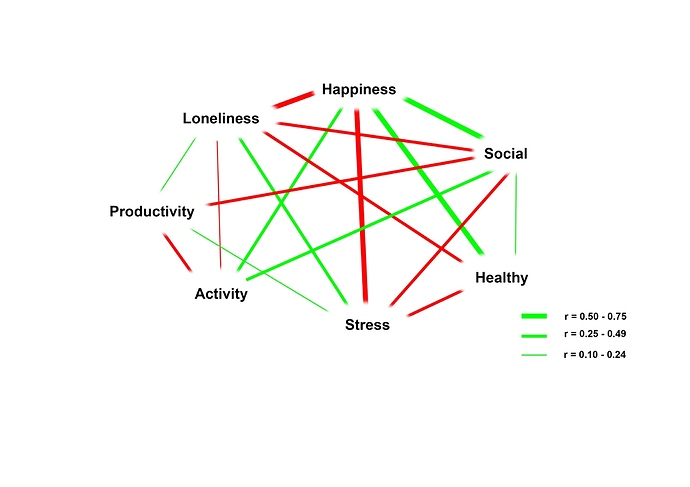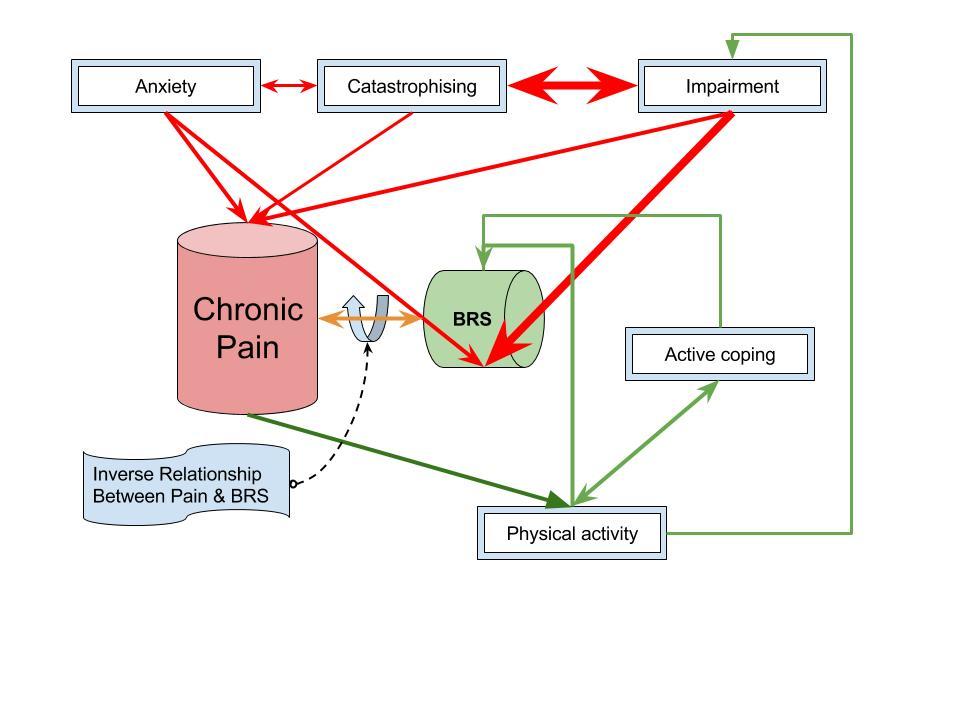A model of human health would take in body, mind and spirit but spirit is outside of the material realm.
You cite for the body “things like food, sleep, exercise, medical, environment, etc” Sure food, sleep, exercise and environment are important but the all important reality that I have found is the understanding that disease is no less than a nocebo effect.
Ideas, which one may cunningly be persuaded to believe, become critical components of disease. The reason is because the person reacts to those ideas and that reaction involves bodily reactivity. These may include emotions and coping habits but also a host of other reactions in the body. For example if a person can be persuaded (usually using a concealed threat) that something they have touched or eaten is toxic, then they will ignite an immune response. That response is of course unnecessary and does damage, causes a rash or indigestion etc.
I have seen that cancer, diabetes, heart disease, stokes, autoimmune diseases and possibly all mental disorders are nothing more than nocebo effects. However I saw some evidence that made me think that maybe all disease, including congenital diseases are also nocebo effects. The evidence I saw regarded a man in his 30s who had been born with a heavy scaly skin. I saw him at a Chinese herbalist’s waiting room where I had gone for treatment. After a few months I had changed the time that I visited the herbalist so for the next 6 months I did not see him any more.
Then one day I reverted back to my old appointment day. I saw him again but at first I did not recognize him. I looked at him wondering where I had seen him before. Then he came and sat next to me and said “you don’t remember me”. I said no but I told him I thought I knew him. He laughed. He said you remember me with the scaly skin. I looked at him anew and with great wonder because his skin was clean and smooth. I doubt that the Chinese herbs in themselves are the answer. I would say that this man had been able to overcome some nocebo effect that was created when he was still unborn.
Body-mind cannot be separated. They are one system. They are the embodiment of a spiritual/conscious being, which enables that being to have conscious physical experiences.
IMO health is a condition of the body-mind, where at the least condition, personal self is at peace. Personal self is the erroneous identification of conscious self with the activities of mind and with the body. In spiritual awakening the conscious/ spiritual being is awakened to its own identity and aware that the body mind is only an embodiment. However this is still not enough to ensure health because my guru, who was undoubtedly enlightened, was killed by cancer. And I too suffered several cancer episodes, which I was able to overcome but they all came after my own enlightenment experience and NDE experience, which left me fearless of death.
It is of great importance to understand the activities of toxic people and how they seek to betray others within relationship and thereby cause those people to react adversely as to suffer disease conditions, i.e., a nocebo effect. Since I have been able to understand their methods I have had no illnesses, no nocebo effects.



